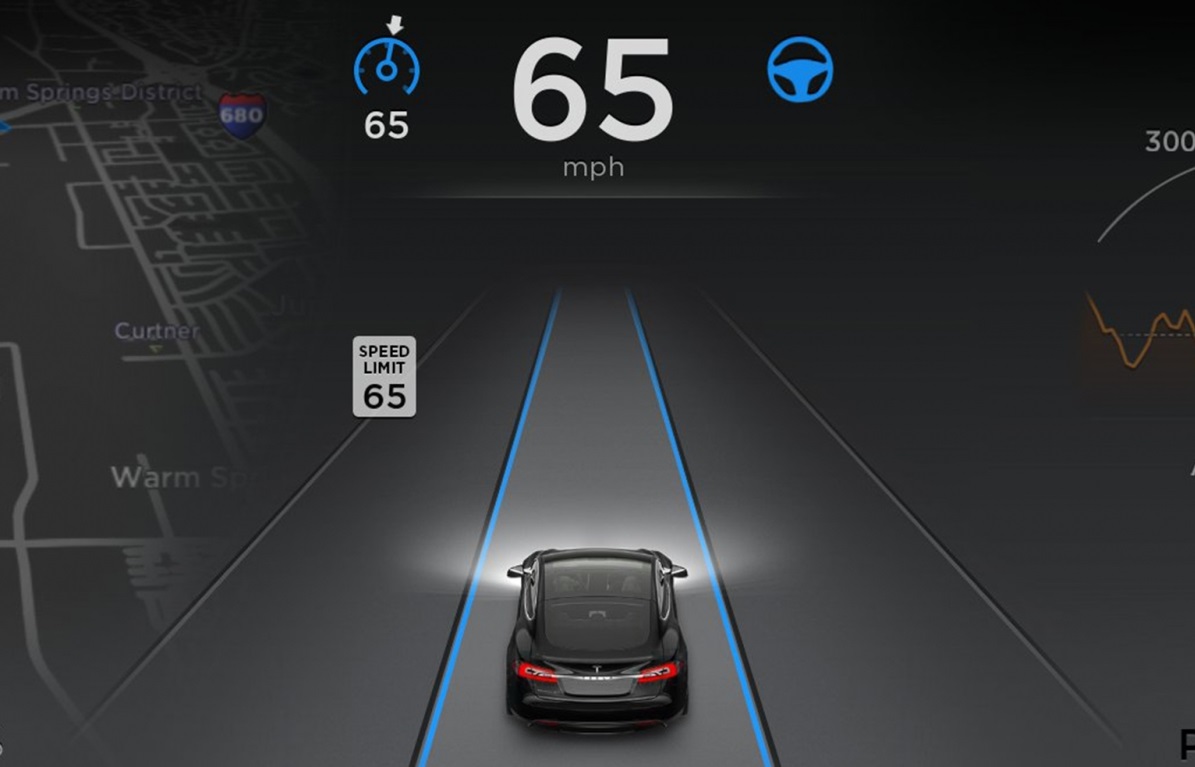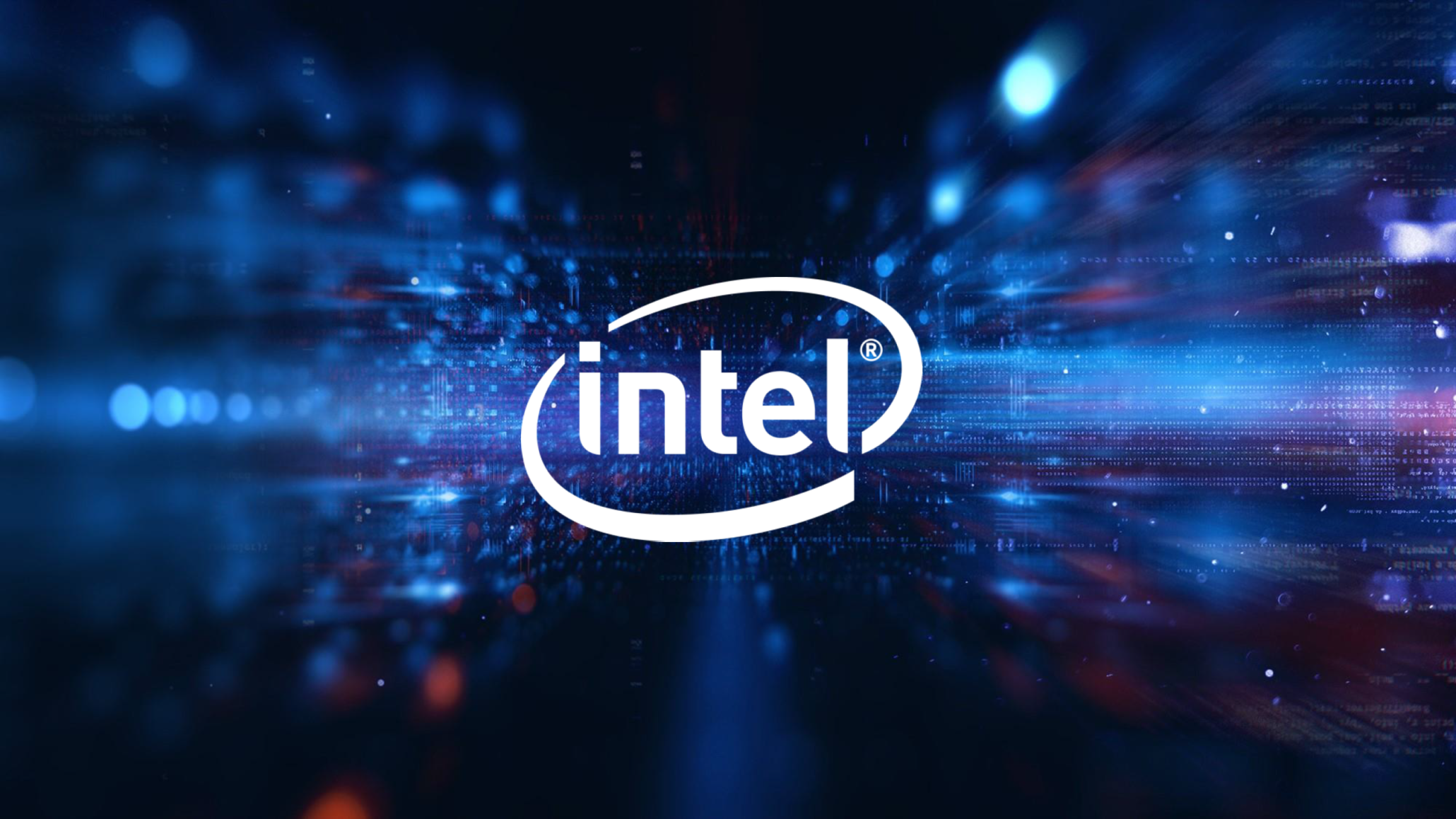Tesla(TSLA) CEO Elon Musk made a lightning visit to China on April 28, and according to a report by Caixin, Musk departed Beijing after meeting with Ningde Times Chairman Zeng Yuqun on April 29.
Musk’s visit of less than 24 hours yielded significant results, with the most significant breakthrough being Tesla’s compliance with intelligent driving regulations, making it the first foreign-funded car company to pass the relevant national standards.
According to a report by the China Association of Automobile Manufacturers and the National Computer Network Emergency Technology Coordination Center, automakers must meet four data security compliance requirements, including anonymization of outside faces, default non-collection of cabin data, in-cabin data processing, and significant notification of personal information processing.
Tesla’s compliance with these four data security compliance requirements has sparked heated discussion in the industry. Several automotive analysts expressed surprise to Caixin reporters, saying that it was unexpected for Tesla vehicles to meet China’s strict data security compliance standards and that it was a “major positive” for Tesla. Overnight, Tesla’s stock surged by over 15%.
Zhang Yichao, Automotive Consulting Business Partner at Arthur D. Little Greater China, told Caixin reporters, “It’s not surprising that domestic brands can meet China’s strict data security compliance standards. What’s surprising is that the first batch of compliant companies includes leading foreign electric vehicle brands.”
Zhang analyzed that Tesla’s clearance in intelligent driving compliance is a positive outcome of recent frequent dialogues between China and foreign countries, including the intensive visits of many multinational automotive executives to China.
“More importantly, the open attitude of inviting foreign brands to enter the (self-driving) field serves as an introduction of a ‘self-driving catfish’ for the Chinese automotive industry,” he told Caixin reporters.
He believes that Tesla’s clearance not only promotes international technology and experience exchange but also establishes a global benchmark for domestic car manufacturers in the field of autonomous driving technology, helping to promote the establishment of a complete autonomous driving ecosystem industrial chain domestically.
Zhang Junyi, Partner at Ovum Consulting, told Caixin reporters, “Tesla’s compliance with data regulations is indeed a big surprise, not only a major positive for Tesla but also a demonstration effect within the industry. Of course, we are more concerned about whether the FSD autonomous driving function will be introduced in China in the future. If it is introduced, it will be an even bigger positive for Tesla and also indicate China’s attitude toward opening up to overseas automotive brands.”
However, industry experts believe that the entry of Tesla’s FSD into China will still be a gradual process. Stephen Dyer, Co-Head of Automotive at Arthur D. Little Greater China and Head of Automotive Consulting Business in Asia, told Caixin reporters, “We see that global autonomous driving functions and autonomy levels are gradually increasing, and China is adopting these technologies quickly. But I expect that the gradual increase in autonomous driving functions will be the main development path, rather than achieving a leap in fully autonomous driving technology at once.”
Xiao Jianxiong, Founder and CEO of AutoX, told Caixin reporters that against the backdrop of an electric vehicle price war, if Tesla(TSLA) FSD is launched in the Chinese market, relying on selling more advanced autonomous driving software to drive profits, it will also drive the entire market towards technology-driven competition, rather than simply selling low-cost electric vehicles with no technological content.
The cross-border flow of intelligent vehicle data between China and Germany has taken a big step forward. According to a recent joint statement on cooperation in the field of automated networked driving signed by China and Germany, in the future, it will be more convenient for German automakers to transmit autonomous driving vehicle data from China to Germany. However, the relevant data sharing standards and rules still need to be further refined to manage the data generated by enterprise development of autonomous driving.
Yang Xiaoming, President of China and Asia-Pacific at global automotive technology supplier Aptiv, told Caixin reporters during the Beijing Auto Show, “If new autonomous driving software can enter China, it will also promote the progress and development of China’s overall autonomous driving technology field because we can learn from better experiences.”
He also said that the cross-border flow of intelligent vehicle data is very important for promoting the development of global autonomous driving technology. “We have seen that the government’s attitude towards cross-border vehicle data is indeed more open now, but data compliance is still very important. Currently, Aptiv is also actively communicating with relevant institutions to clarify which intelligent networked vehicle data can be shared, leveraging the advantages of our global data network.” Yang Xiaoming told Caixin reporters.
However, industry insiders believe that Tesla’s FSD entry into China will still be a gradual process. Stephen Dyer, Co-Head of Automotive at Arthur D. Little Greater China and Head of Automotive Consulting Business in Asia, told Caixin reporters, “We see that global autonomous driving functions and autonomy levels are gradually increasing, and China is adopting these technologies quickly. But I expect that the gradual increase in autonomous driving functions will be the main development path, rather than achieving a leap in fully autonomous driving technology at once.”
Xiao Jianxiong, Founder and CEO of AutoX, told Caixin reporters that against the backdrop of an electric vehicle price war, if Tesla FSD is launched in the Chinese market, relying on selling more advanced autonomous driving software to drive profits, it will also drive the entire market towards technology-driven competition, rather than simply selling low-cost electric vehicles with no technological content.








